#Mumbai(Bombay)
Explore tagged Tumblr posts
Text
A kind reminder that in Mumbai there's a restaurant where reserved tables don't hold up a sign that reads "reserved" but rather a sign that reads "promised" and I think that's beautiful.
#most restaurants hold up “reserved” in Mumbai - this one's just “not like the other girls” :)#it's the little things#mumbai#india#hindi#desi#south asia#south asian#restaurant#niche things#culture#indian#bombay#desiblr#desi stuff#desi tumblr#desi things#desi love#desi tag#tfw#brown things#brown culture#brown girl
638 notes
·
View notes
Text


#no filters#aesthetic#sky photography#skyline#highway#sky aesthetic#pink sky#purple sky#pink skies#sunset#sunset aesthetic#aesthetic photography#sky pictures#sunset photography#photography#photographers on tumblr#sky#sun#space core#sunrise#dark academia#bisexual lighting#home#mumbai#desiblr#desi tumblr#desi#bombay
67 notes
·
View notes
Text
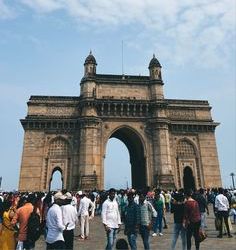
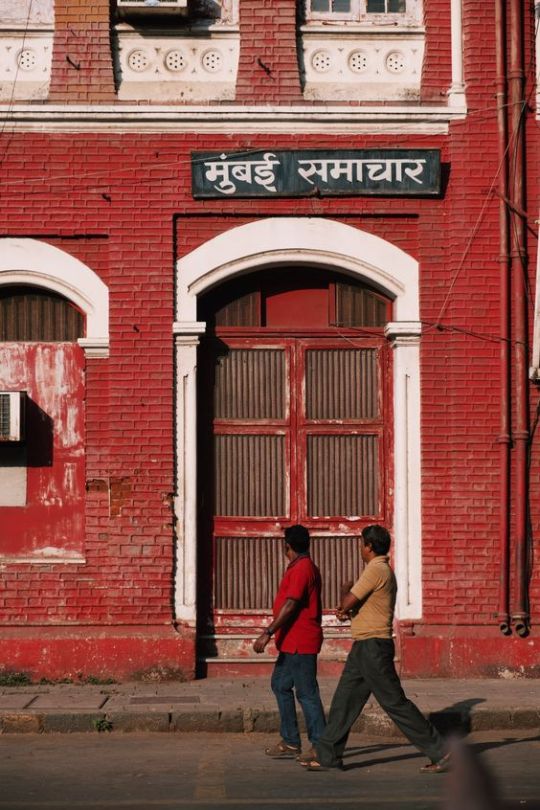
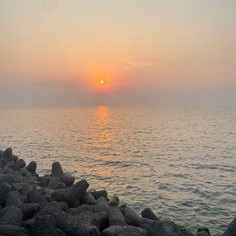
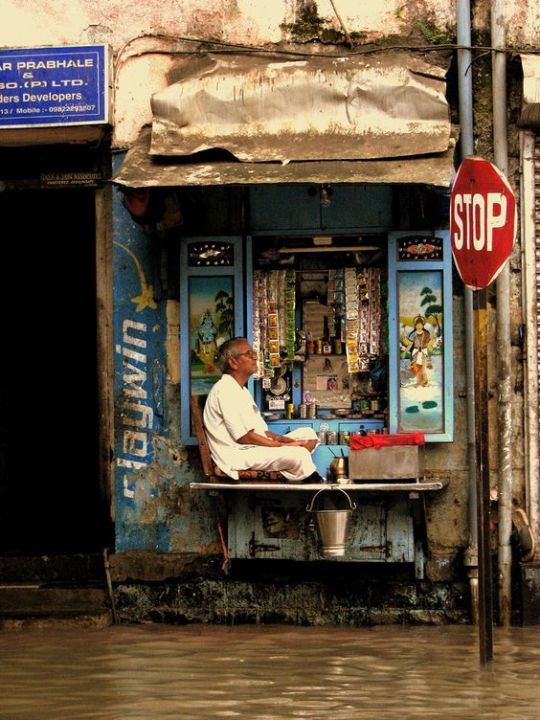
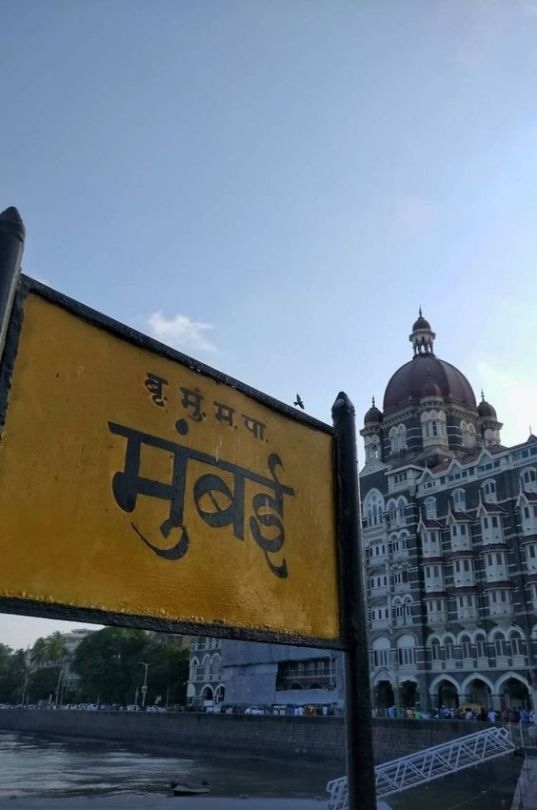

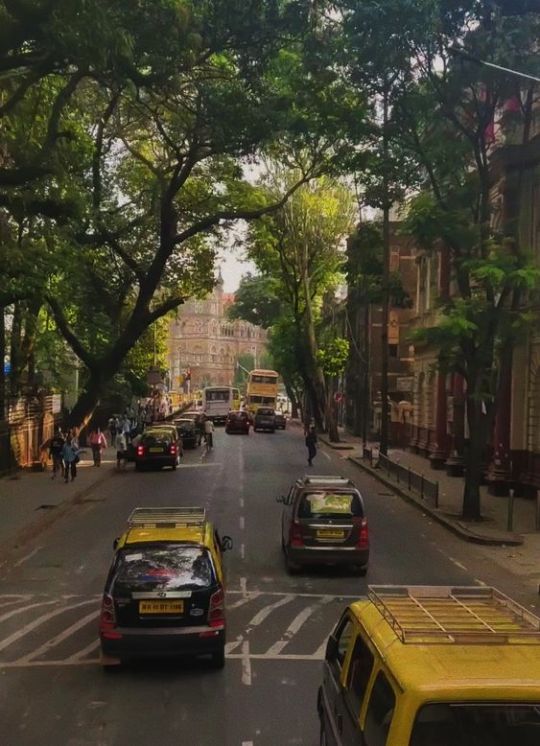
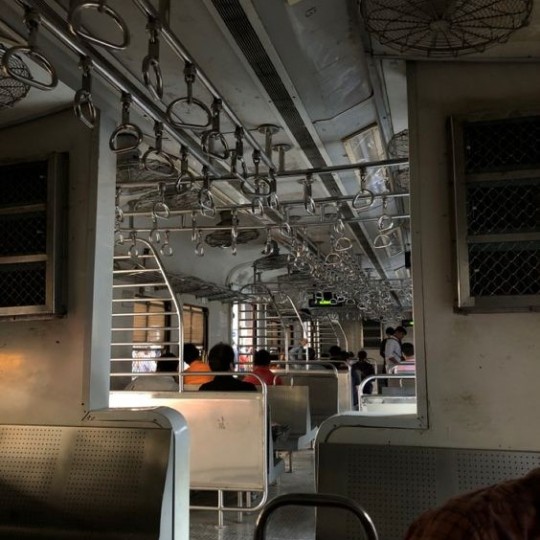

the streets of bombay<3
#aesthetic#moodboard#mb#academia#aesthetic moodboard#city#mumbai#bombay#travel#desi#desi aesthetic#desi moodboard
117 notes
·
View notes
Text

Nana chowk, Mumbai, India: Nana Chowk is a neighborhood in Mumbai. It is named after the philanthropist Jagannath Shankarshet also known as "Nana". The area lies in the Grant Road area. It is also home to the city's most versatile event and sports venue, Bombay Recreation Co. Wikipedia
90 notes
·
View notes
Text

Bombay, India, Alex Webb, 1981
#photography#vintage photography#vintage#alex webb#bombay#mumbai#india#street photography#1980s#1981#american#color photography
50 notes
·
View notes
Text
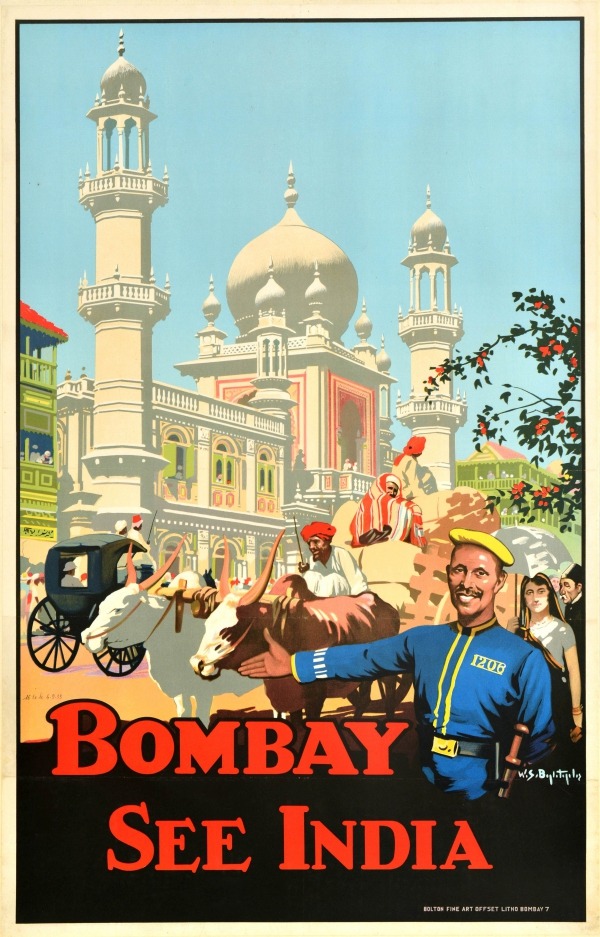
Travel poster for Bombay (now Mumbai), India (c. 1930). Artwork by W.S. Bylitiplis.
#vintage poster#vintage travel poster#india#1930s#W.S. Bylitiplis#bombay#mumbai#street#city#travel#tourism#holiday
95 notes
·
View notes
Text
Fake care
I never fake care to anyone. What I give, I give from my heart.

#artists on tumblr#cats of tumblr#stranger things#photography#bombay#humor#delhi#egypt#cairo#kolkata#mumbai#sanewschennal#santrampaljimaharaj#bolivia#india#aesthetic#gravity falls#los angeles#love quotes#self love#self ship#career#agere caregiver
11 notes
·
View notes
Text
Everyone (including me) wants to be Aditya from jab we met until they realize that it comes with having to come to terms with giving up on the love of your life for their own happiness and also standing by them, watching them go with someone else to live 'happily ever after'.
(yes in the movie he gets her eventually but that ending was not guaranteed, he did genuinely give her up)
#desi academia#desiblr#mumbai#jab we met#desi shit posting#bollywood#dark academia#bombay#aditya kashyap
90 notes
·
View notes
Text

7 notes
·
View notes
Text

Bombay Sandwich & KARAK CHAI
#untitled#007#noir#romanpolanski#pic of the day#classic#vinyl#hitchcockmovies#cinema#coffee#bombay sandwich#indian sweet#indian#desi#desi girl#indian street food#indian kitchen#indian snacks#mumbai#food#foodie#foodporn#food photography#foodgasm#cooking
28 notes
·
View notes
Text




Halsey in Mumbai wearing a traditional Indian Saree/Sari (Designer: Manish Malhotra)
#halsey#indian#india#sari#saree#mumbai#bombay#desi#desiblr#desi tumblr#desi tag#being desi#desi academia#brown#brownblr#fashion#Ashley Nicolette Frangipane#Ashley Frangipane#south asia#south asian#hindi#urdu#manish malhotra
26 notes
·
View notes
Text
the bus changed routes because of some road work, and now it goes right through what used to be the city’s dockyard — abandoned warehouses, buildings crumbling, tram tracks overgrown with moss, the whole deal and i’m currently living my best life with this change
#yes show me more of the bombay port trust land#so many warehouses?#also temples in the oddest places#mumbai#misc
77 notes
·
View notes
Text
Ae dil hai mushkil jeena yaha, zara hatt ke, zara bach ke, yeh hai Bombay meri jaan.







Mumbai/Bombay
(The city of dreams)
Mumbai is like a giant piece of soul. Every time a new person comes to Mumbai and attaches oneself to this city regardless of wherever you go after that, it travels with you, enriching you.
- Mehak Batra
#desi culture#desi academia#desi tumblr#desi people#desi aesthetic#aesthetic#indian things#desi humor#desi tag#writers and poets#being desi#mumbai#bombay#indian aesthetic
138 notes
·
View notes
Text

Esplanade Hotel in Bombay, modern-day Mumbai, India
British vintage postcard
#esplanade hotel#historic#modern-day#photography#postal#ansichtskarte#photo#sepia#india#modern#vintage#postcard#mumbai#hotel#bombay#briefkaart#esplanade#british#postkarte#tarjeta#carte postale#ephemera#postkaart
5 notes
·
View notes
Text
alicent hightower scheming for her trashiest son to get on the throne is the fantasy equivalent of desi mothers coddling their trashy fuckboi sons after they lift (1) plate
#both alicent and desi women are victims of patriarchy i said what i said#i know this is wack but dance of dragons is literally that one aunty from south bombay propping up her fuckboi son#this is crack treat this as crack pls#alicent hightower#desiblr#hotd shitpost#(aegon gives bandrawala fuckboi who says the n word vibes)#though 🤡#aemond is a snob who probably would sneer down on central mumbaikars and navi mumbai ppl#the *oh you’re from vashi? ew gaonwala* vibes i get from him#i am not a fan of book! greens#but show! greens gives wonky desi family vibes#medu rambles
16 notes
·
View notes
Text
ACCORDING TO THE RAMCHARITMANAS, MOKSHA (LIBERATION) IS ATTAINED BY THE DEVOTION TO SACHCHIDANANDGHAN BRAHM.
Who is this SACHCHIDANANDGHAN BRAHM?

#us politics#usa news#india#artists on tumblr#sanewschennal#santrampaljimaharaj#humor#gravity falls#bolivia#bombay#brasilia#brasil#delhi#mumbai#poetry#music
8 notes
·
View notes